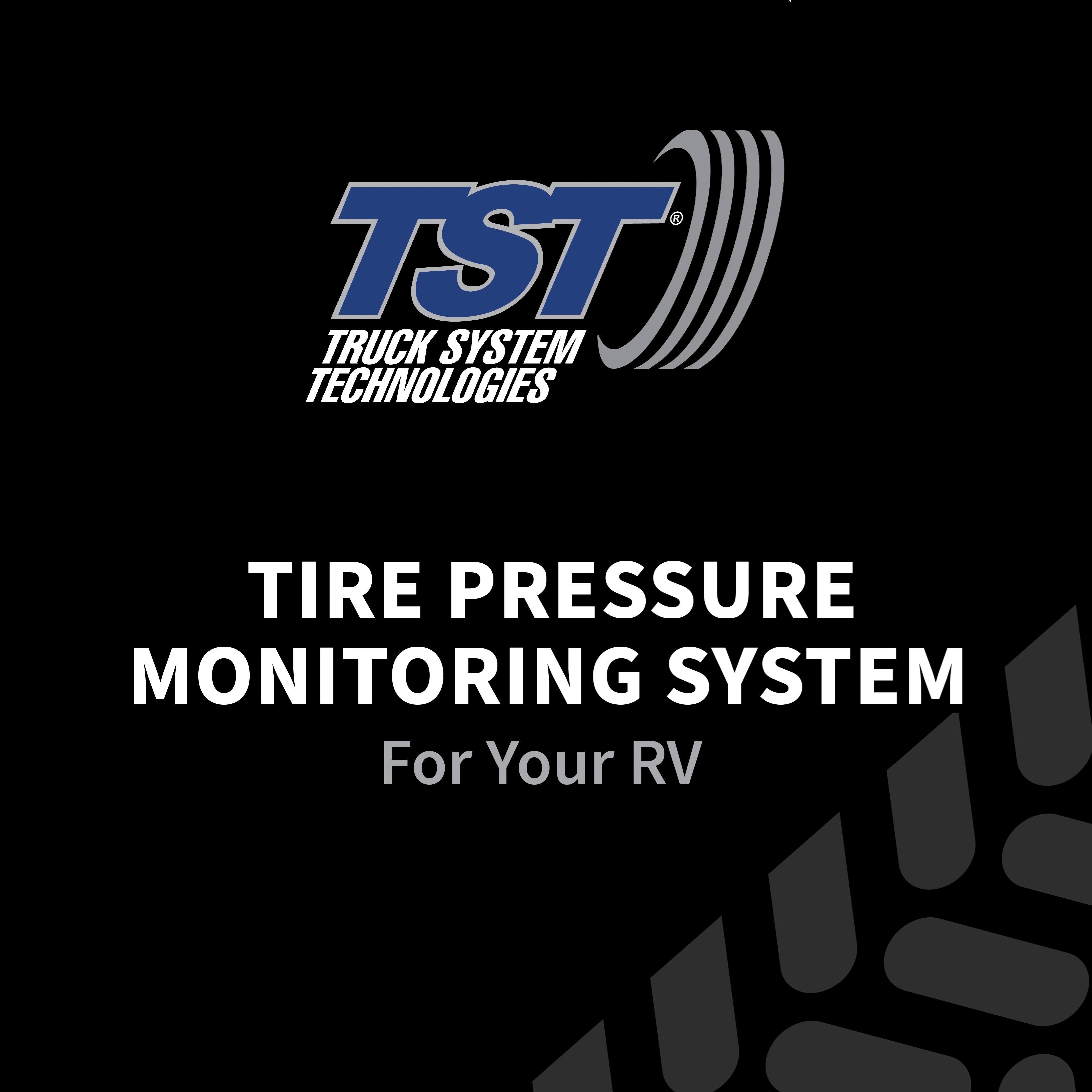

Safety is a paramount concern for RV drivers, given the size, weight, and unique driving dynamics of their vehicles. Proper tire pressure is essential for maintaining vehicle stability and control. Under-inflated or over-inflated tires can significantly impact the handling and braking performance of an RV, leading to potential accidents. TPMS provides real-time monitoring of tire pressure, alerting drivers to any deviations from the optimal range. By detecting issues such as low or high tire pressure, TPMS helps prevent dangerous situations such as blowouts or loss of control, thereby enhancing overall road safety.
The performance of an RV is closely linked to the condition of its tires. Properly inflated tires contribute to optimal handling, fuel efficiency, and ride comfort. TPMS ensures that RV drivers can maintain their tires within the recommended pressure range, which is crucial for achieving these performance benefits. Consistent tire pressure helps in smooth steering, efficient fuel consumption, and a more comfortable driving experience. By using TPMS to monitor tire pressure, RV drivers can ensure that their vehicle performs at its best, regardless of road conditions or driving style.
Tire maintenance is a significant aspect of RV upkeep, and TPMS plays a key role in preventing costly repairs. Under-inflated tires experience increased wear and tear, leading to a higher likelihood of damage and premature failure. Over time, this can result in the need for expensive tire replacements or repairs. TPMS helps mitigate these issues by providing early warnings of tire pressure problems, allowing drivers to address issues before they escalate. By maintaining proper tire pressure and addressing potential issues promptly, RV drivers can extend the lifespan of their tires and avoid the financial burden of frequent replacements.
Reliability is crucial for RV drivers, who often travel long distances and in varying conditions. Tire issues can disrupt travel plans and lead to unexpected breakdowns. TPMS enhances vehicle reliability by continuously monitoring tire pressure and providing alerts if any issues arise. This proactive approach helps drivers address potential problems before they affect the vehicle’s performance or lead to breakdowns. By integrating TPMS into their maintenance routine, RV drivers can enjoy greater peace of mind, knowing that their tires are in good condition and that they are less likely to encounter unexpected issues on the road.
Confidence is an essential component of a positive driving experience, especially for RV drivers who may be navigating unfamiliar routes or challenging conditions. TPMS contributes to driver confidence by offering real-time data and alerts about tire pressure, allowing drivers to make informed decisions and take timely actions. This confidence translates into a more enjoyable and stress-free travel experience, as drivers can focus on the journey rather than worrying about tire-related problems.